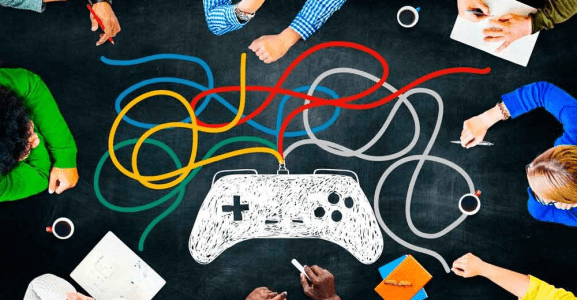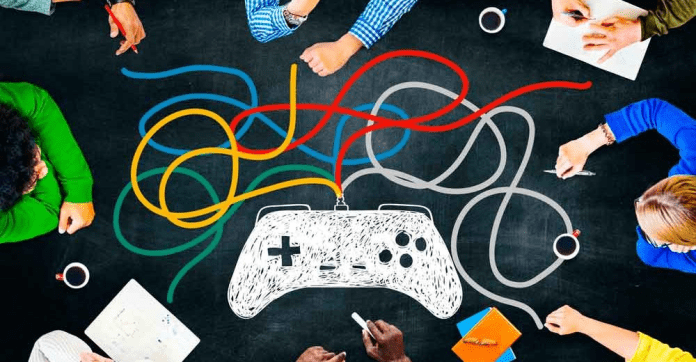
Learning by playing is not a new concept. Since ancient times, games have been used as a means of education. However, with digitalization and the evolution of technology, games now play an even more significant role in learning, all so that you can learn by playing.
Benefits of educational games:
Educational games are powerful tools that offer a range of benefits to students. Here are some of the top benefits of educational games:
Engaging learning:
Educational games provide an engaging learning environment where students can actively participate and learn in a fun way. They offer challenges and rewards that motivate students to engage and progress.
Development of cognitive skills:
Educational games help develop a variety of cognitive skills, such as logical reasoning, problem-solving, memory, attention, and critical thinking skills. Therefore, when faced with challenges within the game, students need to apply these skills to advance.
Practical learning:
Educational games allow students to experience real-world situations in a virtual and safe way. In addition, they can simulate experiences and apply knowledge and skills in practical contexts, which facilitates understanding and transfer of learning to real-world situations.
Personalizing learning:
Many educational games are designed to adapt to each student’s skill and knowledge level. This allows for personalized learning, where students can progress at their own pace and receive immediate feedback on their performance.
Collaboration and healthy competition:
Some educational games encourage collaboration among students, allowing them to work together to solve problems and achieve common goals. Additionally, games with healthy competitive elements can foster a spirit of competition and encourage students to strive for better results.
Intrinsic motivation:
Educational games are designed to spark intrinsic motivation in students. As they progress through the game, overcome challenges, and achieve goals, they experience a sense of accomplishment and personal satisfaction, which increases their motivation to continue learning.
Immediate feedback:
Educational games provide immediate feedback on students’ performance, allowing them to quickly identify their successes and failures, correct mistakes, and adjust their learning strategies. In addition, immediate feedback is a valuable tool for continuously improving student performance.
These are just some of the benefits of educational games. Educational games can complement traditional lessons, making the learning experience more engaging and effective. However, to achieve this, it is essential that we design games appropriately and in line with educational objectives. Furthermore, it is essential that we use games in a balanced way, in order to ensure that you learn through playing and have meaningful and relevant learning.
How to use games as learning tools:
Games can be used in a variety of ways as learning tools. Here are some suggestions:
- Choose games that are appropriate for the student's age and skill level.
- Integrate games into the school curriculum.
- Use games that promote critical thinking and problem solving.
- Provide constant feedback and encouragement throughout the game.
Best Educational Games for Kids:
There are a variety of educational games available for children of all ages. Some of the most popular include:
- First, math games that help improve numerical skills.
- Next up are science games that encourage exploration and experiential learning.
- Language games that help improve vocabulary and grammar are also great options.
- Finally, social skills games that teach empathy and cooperation.
Teaching techniques with games:
Effective use of games in teaching requires some specific techniques. These may include:
- Establish clear rules and learning objectives before starting the game.
- Ensuring all players understand and agree to the rules.
- Encourage active participation and cooperation among players.
- Provide immediate and constructive feedback during and after the game.
When used effectively, games can be an incredibly powerful learning tool. With the right game and the right approach, you can make learning an engaging and fun activity for all ages. Learn through play!
